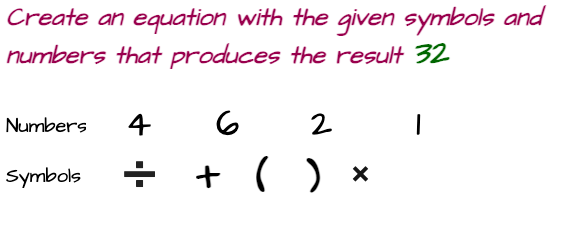Plagiarism
It is a practice of copying someone else concepts, work, or product and publishing those in your name without acknowledging the original creator.
Plagiarism can be both unintentional and intentional. However, in any case, it is malpractice that every writer should avoid. Let's take a quick look at the FAQs around plagiarism!
Scroll for More Useful Information and Relevant FAQs
How will you avoid plagiarism? How many words copied from the content will be considered plagiarism?
In general, you are allowed to use three consecutive words (excluding words like and, an, in, the, if, but, a) from someone else content.
More than that would be considered copied or plagiarised. An example for you - your content reads- "Where there is a will, there is a way" or "Italian Renaissance Art". These are generic phrases, and you might find it hard to find suitable alternatives. So, it is less likely to be considered plagiarised.
What are the consequences of plagiarism?
Plagiarism is a crucial aspect of content creation that involves people with different educational and professional backgrounds, including students, writers, journalists, researchers, authors, and politicians. The consequences of plagiarism may include the following:
- It can cause to expulsion from college, if the one who plagiarized is a student
- It can cause to termination from work.
- It harms the reputation and professional credibility of the person doing it
- It can cause to legal consequences for copyright infringement
- It can cause to imprisonment as well
- The professional license of the person involved with plagiarism is likely to be withdrawn by the related authorities
What are the different types of plagiarism?
The various types of plagiarism includes the following:
Direct plagiarism: This type of plagiarism refers to the word-to-word copy of a portion of work created by someone else sans any quotation mark and mention (acknowledgement) of the original creator.
Self-plagiarism: Self-plagiarism refers to a type of plagiarism in which a person reuses his or her already-published work. It could be republishing the entire copy or copying a portion of the content.
Accidental plagiarism: When a person fails to understand the techniques of proper paraphrasing, citation, and quoting, he or she might end up publishing someone else's content in their name with missing attributes. It is called accidental plagiarism.
Mosaic plagiarism: When a person uses words and phrases from a given source and does not quote it or use synonymous words for the original content while keeping the meaning and structure the same as the original work, it is known as mosaic plagiarism.






